- Learning time
- 20 minutes
- First play time
- 30 minutes
Codenames Pictures
Designed by: Vlaada Chvátil
Codenames Pictures is a spin-off of the successful guessing game Codenames. Picture cards are laid out in a 4×5 grid showing a variety of (often absurd) images. Usually players play in teams – in each team, one player is the Spymaster, and it’s that person’s job to clue their team as to which pictures they want them to guess – the spymaster can give a clue of one word, and then say a number – the number of pictures the clue relates to. The spies then have to discuss between them, and guess which of the pictures the spymaster is trying to lead them to.
The spies job, then, is to guess correctly, and the spymaster’s job is to think of a word that clues as many pictures as possible, without leading players to guess any of the opposing team’s pictures. One wrong guess and that team’s turn instantly ends (they can of course remember the clue for future guesses). The first team to guess all of their pictures: wins!
Also, lurking somewhere in the grid is the assassin: if anybody guesses this card, that team instantly loses the whole game!
Codenames is a neat game that encourages discussion, lateral thought, and interesting insight into people’s psyche… like the original game it can be played as teams of two or more, but there are also rules for when you only have two or three players.
The guru's verdict
-
Take That!
Take That!
None from anybody else, but if you guess the assassin the game is instantly over...
-
Fidget Factor!
Fidget Factor!
The spymaster may need some time to come up with a clue that clues their own pictures, without (hopefully) leading players to any of the other team's.
-
Brain Burn!
Brain Burn!
For the spies it's a laugh. Being the spymaster puts a bit of pressure on, but it's not remotely mathy. The stress is about coming up with a decent clue.
-
Again Again!
Again Again!
There's a big stack of double-sided picture cards and, to be honest, the replayability is practically infinite due to the game relying on *thought* - in all its wildly variable permutations - to determine the winners.

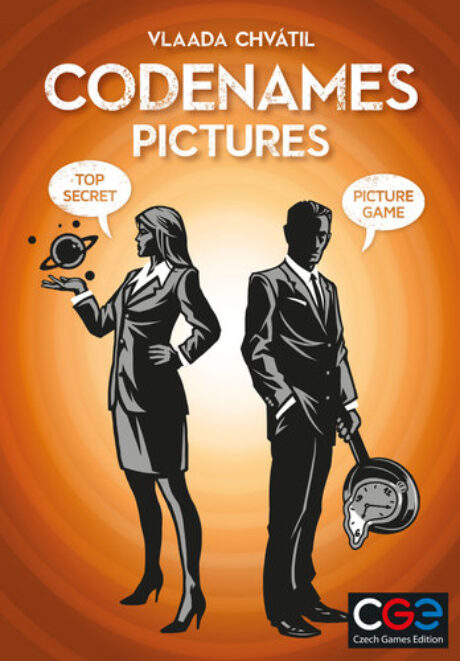
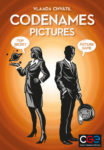
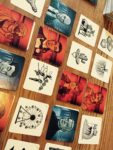
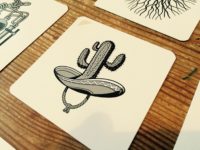



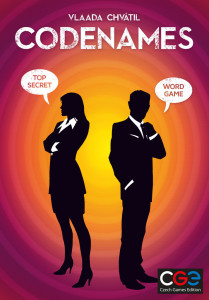
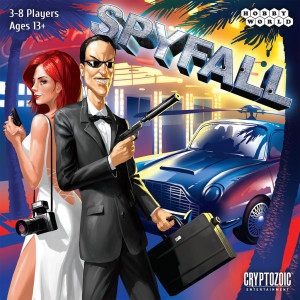
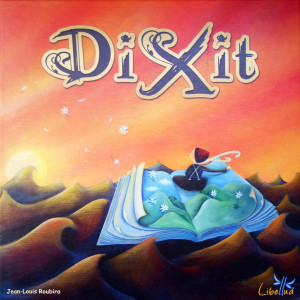
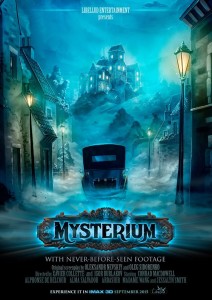
Sam says
Love this - it's pretty much the same game as the original, but the pictures (rather than words) make it more accessible to children, as the clues tend not involve general knowledge quite so much.